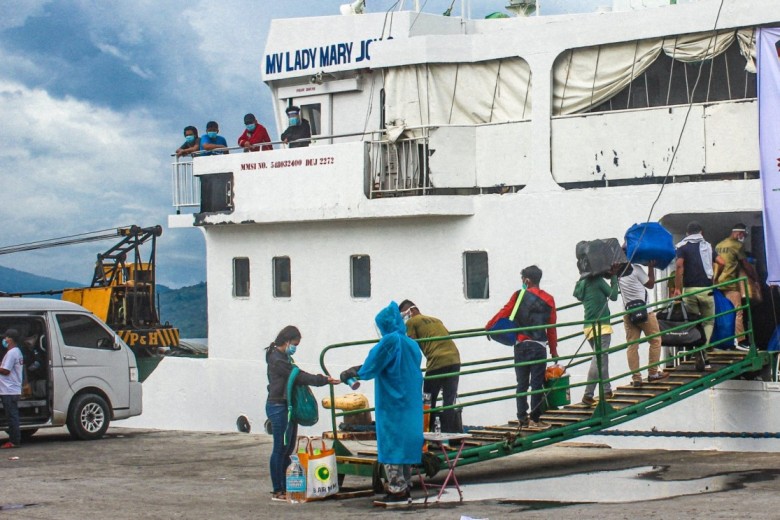The events following the global outbreak of COVID-19 in 2020 reaffirmed the important contributions of migrant workers to communities and economies around the globe. Migrant workers, in particular women, have been at the forefront of responses to the pandemic in the health and care sector, and have sustained global supply chains and essential sectors such as agriculture, sales, and logistics.
But many of the 164 million migrant workers globally were among the first to lose their employment and social protection, while having their human and labour rights violated. At the same time, the virus spread quickly among migrant worker populations, at dormitories and workplaces, especially when access to health services and adequate information was limited. Migrants have experienced intensified stigmatization and marginalization in the wake of the pandemic. Border closures and travel restrictions at an unprecedented scale have drastically reduced international labour migration. Women migrant workers are more likely to be negatively impacted. All of these factors diminish the development of migrant communities through loss of income, reduced remittances, and the inability to service debts.
IOM has mobilized its global workforce to organize broad-level support to governments and migrant communities in their response to COVID-19, and assisted partners from the private sector in fulfilling their duty of care through sharing regular information updates, guidelines, tools and surveys.






















